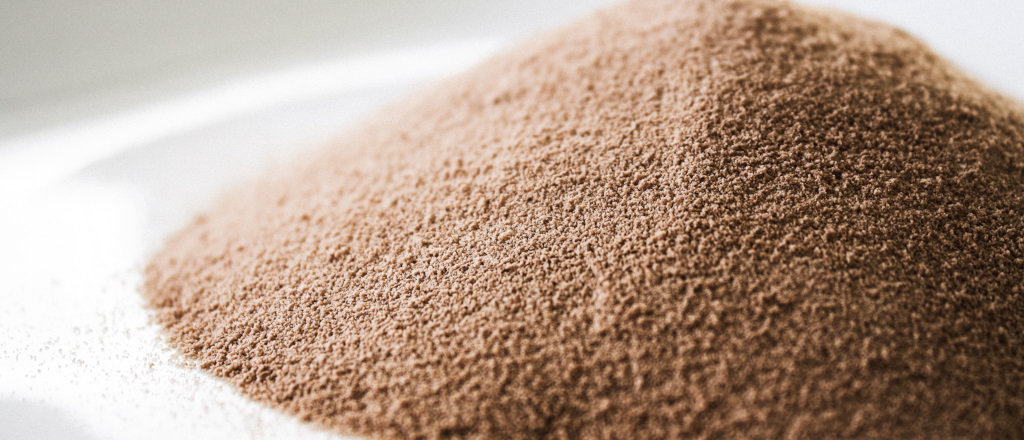
Unibio, the leading sustainable protein company, has appointed Mr. Spencer White as Chief Financial Officer, effective 29th April 2024. Mr. White will join the…
15 Apr 2024Uniprotein®, the end-product resulting from Unibio’s U-Loop® technology, addresses the world’s growing need for protein, which will continue to increase in line with population growth.
Uniprotein® is a protein-rich biomass (approximately 72% protein) and can be used as a direct supplement in animal feed compounds. Uniprotein® takes the form of a free-flowing reddish brown, granule with a particle size of 150-200 μm. It has a long shelf life, and the production process always results in a uniform product.

The product is not genetically manipulated but is the result of a natural process industrialized by Unibio. Uniprotein® is a non-polluting product, as it is produced by a microbial culture with natural gas as the sole carbon and energy source. The only waste product from the production of Uniprotein® is clean water. The product is free from toxins, dioxin and heavy metals due to the controlled production process and the fact that all minerals used are food grade.
Uniprotein® was approved for animal nutrition in EU in July 1995 according to Commission Directive 95/33/EC. Under new EU Commission regulations introduced in June 2011 (No 575/2011) the requirement for a general pre-market authorization for Uniprotein® in feedstuffs was abolished.
Uniprotein® is well suited as a feed ingredient for animals with a short lifespan. The product has been tested as feed for salmon, calves, pigs and chickens with positive results in terms of acceptance and growth.
Uniprotein® is a close substitute to high-quality fishmeal (LT Fishmeal), but it can also substitute soybean meal, both being two increasingly scarce resources (see amino acid composition tab on the left for a comparison with LT Fishmeal).
For more information on Uniprotein® please contact unibio@unibiogroup.com or fill in the form below.
Watch our video that explains how U-Loop® technology is used to produce Uniprotein®
Read our latest news articles to find out what's happening at Unibio

Unibio, the leading sustainable protein company, has appointed Mr. Spencer White as Chief Financial Officer, effective 29th April 2024. Mr. White will join the…
15 Apr 2024
Unibio, the leading sustainable protein company committed to feeding the world’s growing population, is pleased to announce that it has become a member of…
29 Nov 2023
Copenhagen, Denmark – Unibio, the leading sustainable protein company, will participate in COP28 United Nations Climate Change Conference 30 November to 12 December 2023…
13 Nov 2023